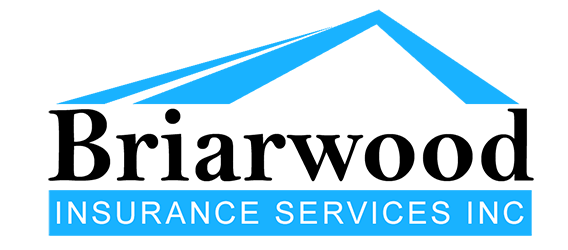Generally, homeowner's insurance covers any damage to your home caused by fire, wind, hail, lightning, theft, or vandalism. You're also covered if someone gets hurt on your property – for example, if your dog bites your next-door neighbor or delivery man takes a tumble down your front steps.
Earthquake and flood coverage usually requires a separate policy. When purchasing a policy, be sure to find out what it does and does not cover, how much the deductible will be and whether you need separate coverage for natural disasters. This due diligence can help you avoid any surprises.
Quis autem vel eum iure reprehenderit ea voluptate esse molestiae consequatur veillum voluptas nullaes
A very basic policy costs $300 to $400 a year and covers contents up to $25,000, walls and floors up to $20,000, and up to $100,000 of liability claims. Those amounts are pretty low, so if you have a big claim and a large apartment, you’ll be paying a big part of it yourself.
The next step up is around $450 to $500 a year, which includes $50,000 on contents as well as walls and floors, and $300,000 liability coverage. If you’re buying an apartment in the mid-six-figures or higher, you’ll probably want to spend more. Insuring an 1,100-square-foot pre-war apartment worth $1 million would cost around $1,100 to $2,400 annually-- depending on location and expansiveness of policy terms—with $100,000 contents coverage, $300,000 walls and floors coverage, and $1 million liability coverage.
New York Law requires all vehicles to carry a minimum amount of liability insurance in the amount of $25,000 for bodily injury to one person, $50,000 for bodily injury to two or more persons (Uninsured motorists protection subject to the same minimums), $10,000 for damage to property of others, and $50,000 for Personal Injury Protection (PIP), also known as No-fault. These minimum coverages are applicable to any one accident. However, depending on your individual situation, it is advisable that you consider increasing the amounts of your liability coverages depending on your needs and the assets you would like to protect.
An umbrella policy or rider provides additional higher limits for liability coverage for your home, auto and watercraft. It may also provide coverage for events not covered by your homeowners policy.




